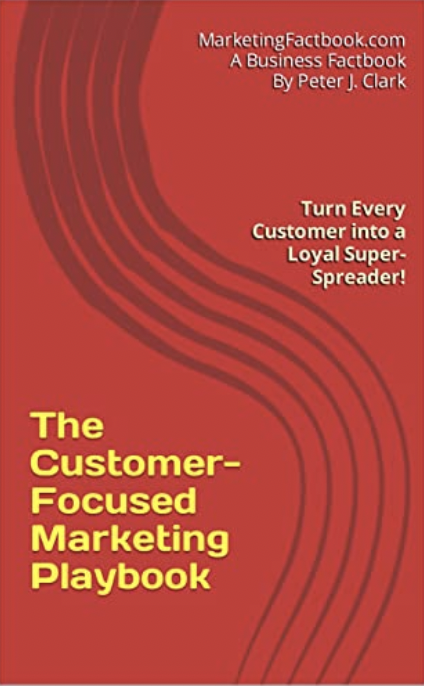Investor loyalty depends on marketing relevance
To say that the past two years have not been a good time for the financial services industry is a serious understatement, but to add that there are good opportunities coming out of the recession is also not overstating the situation, according to Matt Boot, chief analyst for database marketing specialist KDB.
Financial firms are facing a continuing struggle in the current economic environment when it comes to selling consumers on their products and services. But, while the economy appears to be slowly climbing from the depths of recession, one lasting effect promises to be that consumers may still be shy when it comes to their money - particularly where investments are concerned.
As a result, Boot argues, the sector needs to re-think its current approach to marketing and customer communication. Not only do financial service providers need to win over mistrustful consumers but they are also dealing with a market in which money is tight for many households.
However, KDB's latest survey showed that the majority of UK consumers consider themselves to be active investors, and nearly two thirds of those said they planned to increase their investment during the coming year.
At the same time, Boot warns that the majority of the UK's financial firms aren't doing enough when it comes to printed communications and marketing, with 70% of all consumers surveyed saying that the majority of direct mail they received from financial firms was irrelevant to them, compared to only 13% who said that a substantial proportion of the direct mail they receive from these companies was of interest.
The research indicated that the key area where financial firms appear to be lacking is in their marketing to the older demographics, with only 9% of the prime 45-54 age group saying that a significant amount of the direct mail they receive is of interest. Worryingly, 77% of all respondents aged 45 and over said the majority of direct mail they get from financial firms was irrelevant.
This is worrying because more of this group are investing, more are likely to have a greater amount of money to invest than other groups, and this group is also more likely to be focused on investments because many are saving for their children's education and of course planning for retirement.
For those firms that get their marketing strategy and execution right, there is a clear chance to gain market share, and the sooner they implement marketing communication strategies that reach the right consumers with the right propositions, the better placed these firms will be to grow.
But, Boot says, these plans cannot be drawn up without insight into the marketplace. Most financial firms hold a vast amount of information on their clients (i.e. the types of investment products they have, their apparent risk threshold, the timing of their investment activities, the way they want to be communicated with, and other preferences that would influence a company's approach to them). There is also a huge amount of data available on prospective clients, such as demographic and lifestyle information that could indicate what their financial and life-stage circumstances are - which in turn could help point to the sorts of services and products they might want or need in the near future.
Understanding the kinds of consumers who invest, and communicating effectively with them, will be paramount for firms that have survived the recession. For these companies, it is becoming vital to determine which consumers are worth building an ongoing relationship with, and which will be the valuable and loyal customers with who the firm might be able to expand its dealings over time.
Using data to gain insight into those consumers will therefore be essential, whether it is existing customer data being pulled together from a company's records or data being acquired from outside sources to enhance the customer database, or even to build a pool of prospective customers who can then be approached.
Well-sourced and properly analysed consumer data can be used to create client profiles that indicate what sorts of financial products various types of customer might want, when they want they want them, how and where they buy them - even how risk-averse they might be.
"As consumers take a fresh look at how they invest coming out of recession, there will be keen competition," concluded Boot. "Financial firms that want to be in a position to gain market share during the economic recovery must start communicating with the marketplace now. While research findings would seem to not bode well for many selling financial products and services, there can be huge opportunities for those that get their messaging and approach right."
Sources: Knaulage DB / The Marketing Factbook.
Copyright © 2010 - 2025 The Marketing Factbook.
Categorised as:
- Customer Experience
- Customer Loyalty
- Knowing The Customer
- Marketing Know-How
- Marketing Technology
